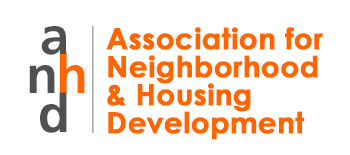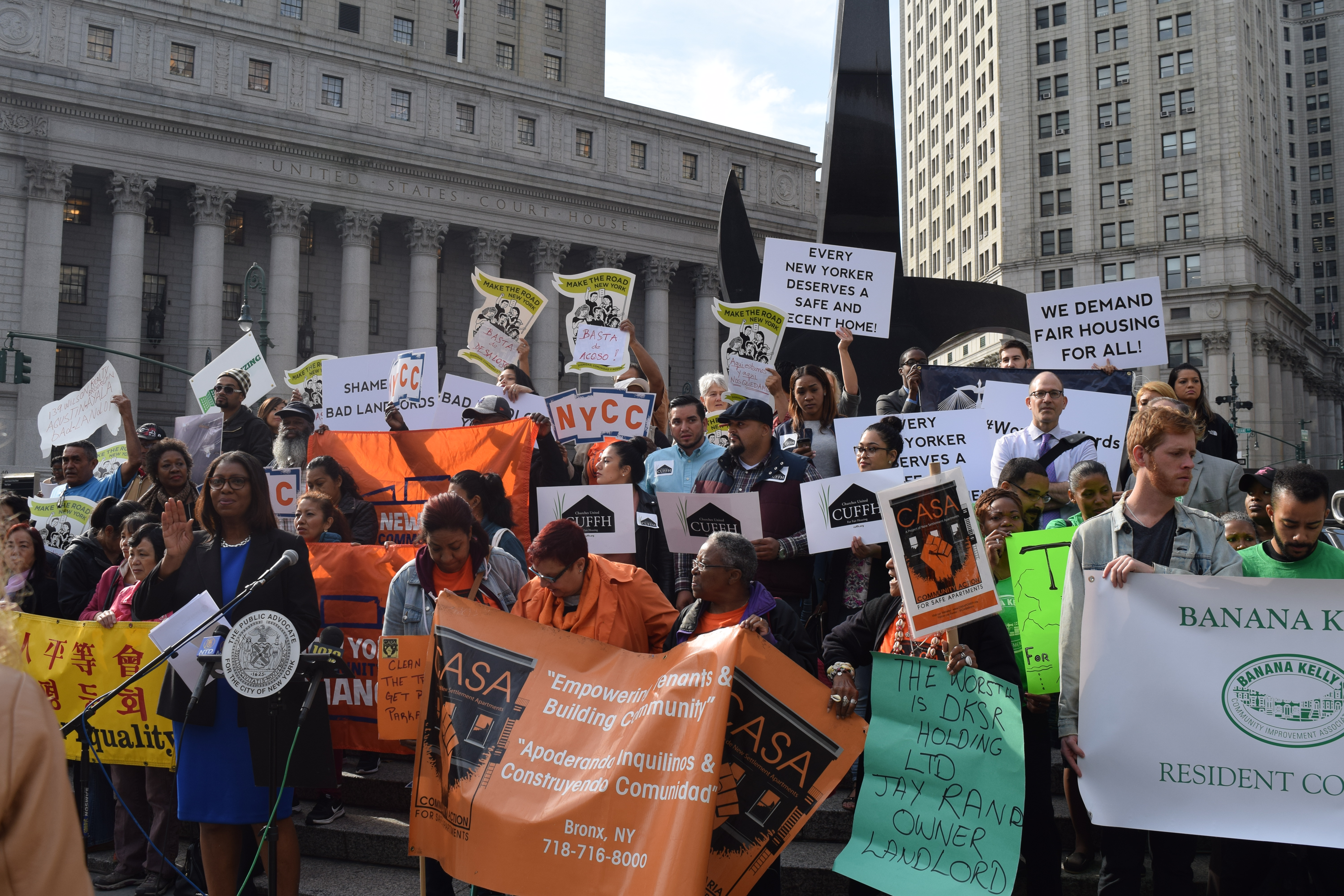This is What a Bad Loan Looks Like
Tenants, community advocates and policy makers have been ringing the alarm bell about bad mortgage lending in mutlifamily buildings. Over the past few years, we have opened up an important dialogue with regulators and banks who understand that bad lending is a direct threat to our neighborhoods. Based on our research and analysis, we define “bad lending” as mortgages that may be speculative because they appear to be underwritten based on the assumption that rent-regulated tenants paying modest rents will leave at an unusually high rate. We also define “bad lending” as loans to developers with a documented history of harassment and displacement of tenants as a business model.
Sometimes, the warning signs of a bad loan are subtle. Sometimes, the warning signs are obvious. Here is an obvious example of what we believe is “bad lending”:
The Real Deal recently reported on a new loan by Signature Bank to Icon Realty to enable them to purchase a building in Manhattan. Even the industry raised an eyebrow at the deal, saying “More than half of the apartments at 199 W. 10th St. are rent-stabilized, though the high price would not seem to reflect low rents.”
Here are two obvious warning signs that make us concerned about the loan:
- The Underwriting: Signature loaned Icon $9.5 million towards a total purchase price of $17.5 million. From the existing publicly available data, this price looks to be nearly 40 times the rent roll. This is more than triple a commonly accepted rule of thumb for a responsible rent-roll multiplier. From what we can determine from the publicly available information, the total debt service coverage ratio of the building may also be significantly below 1.2X, a commonly accepted standard for responsible underwriting indicating that the current income on the property can pay off the mortgage without improperly or quickly raising the rents. The concern is clear: this loan appears to be underwritten based on the assumption that the low-rent paying rent-regulated tenants will be quickly pushed out of the building.
UPDATE as of April 23, 2018: On April 12th, Representatives from Signature bank and Icon Realty told tenants directly that the loan was underwritten to the in-place rents, with a commitment to protect in-place tenants and not charge MCIs. We and the tenant organizers will be vigilant in holding the bank and landlord to those commitments
- The Borrower’s History: The press reported this year Icon was under investigation by the Tenant Harassment Prevention Task Force, and in late September, they reached a $500,000 settlement in response to their alleged tenant harassment and the hazardous living conditions they created. This joint task force is comprised of the Governor’s Tenant Protection Unit, the New York State Attorney General (NYAG), and New York City’s Department of Housing Preservation and Development (HPD) and Department of Buildings (DOB). Icon was the first landlord they investigated together.
Prior to the investigation by the Governor’s Joint Task Force on Harassment, tenants across Icon buildings combated these practices collectively as Icon Community United, which is supported by Cooper Square Committee and St. Nicks Alliance. As one Icon tenant in a “construction as harassment” poster-child building told a community organizer: “Icon purchased my building in March of 2015. Since then, my neighbors and I have lived through a constant barrage of demolition construction, causing insurmountable noise, frightening vibrations, and incessant, unconquerable dust. In my home, I’ve experienced extensive water damage and multiple ceiling collapses; in one instance, an entire load of construction debris, which hadn’t been properly disposed of during renovations, fell through my bathroom ceiling. In my eyes, and in speaking to other ICON tenants, their practices since the Attorney General’s investigation remain unchanged.”
As one of the largest multifamily lenders in the city, Signature’s lending practices matter and have consequences when not done responsibly. The tenants in buildings owned by landlords whose poor treatment of tenants have made headlines – including Raphael Toledano, Icon Realty, Ved Parkash, and others – know this first-hand. They have reported facing aggressive buyout offers, lack of heat and hot water, dangerous construction and lead poisoning, rats, vermin, and more.
The principals of best practices for responsible multifamily lending are straightforward: responsible underwriting, appropriate vetting of borrowers, and responding to issues in buildings when problems arise. ANHD and our member groups have been meeting with Signature Bank to discuss these issues, and we appreciate the genuinely meaningful effort the bank has put into these open and productive conversations about best practices in mutlifamily underwriting and lending.
But the recent loans by Signature Bank to Icon Realty and Ved Parkash fly in the face of best practices. ANHD and our member groups call on Signature Bank to commit to the full set of best practices. And where “bad lending” has already occurred, we call on the bank to proactively ensure that tenants in these buildings and others they hold are protected from any future harassment or displacement.
Jaime Weisberg, ANHD’s Senior Campaign Analyst
 ANHD 2016 Building the Community Development Movement
ANHD 2016 Building the Community Development Movement

